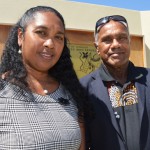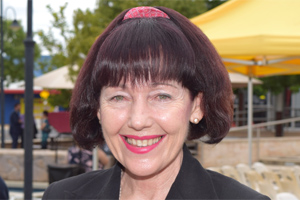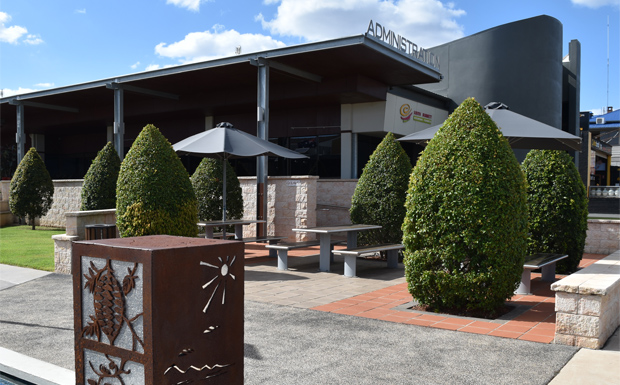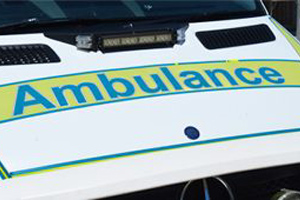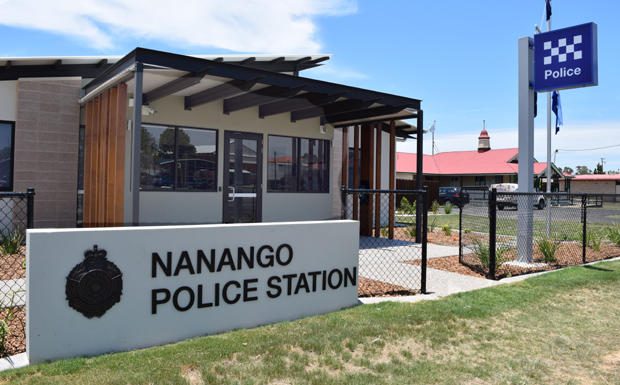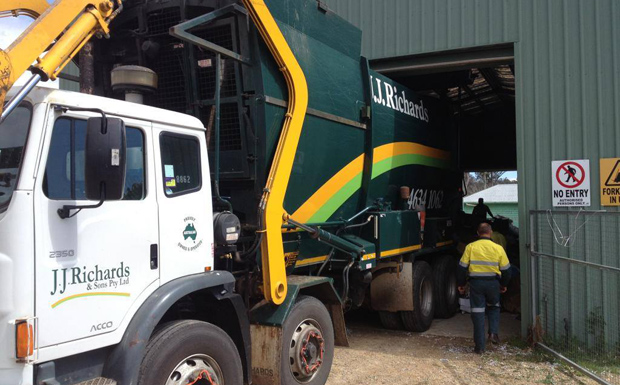
July 23, 2015
The State Government is considering introducing a deposit scheme on cans and bottles, and restricting single-use plastic bags as part of a raft of environmental measures.
Environment Minister Dr Steven Miles said it was pushing ahead with plans to develop practical and cost effective solutions to climate change, and explore the introduction of a Container Deposit Scheme.
A range of stakeholders met in Brisbane on Thursday to discuss, plan and implement strategies.
“Researchers and industry leaders are working with government to develop a new climate adaptation strategy for Queensland (Q-CAS),” Dr Miles said.
“This government acknowledges climate change is real and is revitalising Queensland’s climate change agenda.
“We want to build on the science and make sure we are ready for the climate conditions that lie ahead.
“Facing the issue of climate change is a shared responsibility and Queensland is willing to do its fair share in moving to a low carbon future, essential for protecting the Great Barrier Reef and our other natural icons.
“The World Heritage Committee’s decision not to list the Great Barrier Reef as ‘in danger’ was a vote of confidence in our work to build the reef’s health and enhance its resilience to climate change.
“Queensland will be ready to face more intense and frequent severe weather events and coastal inundation risks by working together across sectors to find collaborative solutions to climate change.
“Over the coming months, consultation will take place with representatives from the built environment, research, natural resource management, primary industries, infrastructure, resources and social sectors.
“Q-CAS will take a collaborative adaptation approach to addressing climate change risks across Queensland.
“The Queensland Government has allocated $3 million to leverage private, research and community investments in climate adaptation, and $12 million will support coastal hazard planning adaptation planning by councils.”
Dr Miles said a proposed container deposit scheme was also on the agenda, with a separate container deposit advisory group meeting for the first time to weigh up options for a scheme in Queensland.
“We need to empower people to make good choices about managing products once they have reached the end of their useful life, and exchanging cans and bottles for cash is an option being explored.
“We know this has been done in other places, but we want to make sure we get the best fit for Queensland.
“Common marine debris such as an aluminum can might take 200 years to break down, while plastic bottles can take anywhere from 450 to 1000 years.
“After cigarette butts, drink containers are the most common item found in the litter stream, making up a quarter of rubbish collected during last year’s Clean up Australia Day, and plastic bags are also found in significant numbers.
“Plastic and glass bottles and aluminum cans are all recyclable and there is no reason why they should end up in the environment.”
Dr Miles said the State Government was committed to conducting a thorough consultation with the community and industry groups and that any proposal would work with existing programs.
“Any scheme the Queensland Government endorses will complement, not compete with, kerbside recycling,” Dr Miles said.
Boomerang Alliance Queensland Manager Mr Toby Hutcheon said there would be a lot of proposals for the advisory group to consider.
“We will work hard to help identify an effective and comprehensive scheme that will slash container litter rates and dramatically increase recycling on a sustainable financial basis and hope all parties can support this,” Mr Hutcheon said.
Public consultation on a container deposit scheme and possible restrictions on single-use plastic bags are slated to occur by early next year.









